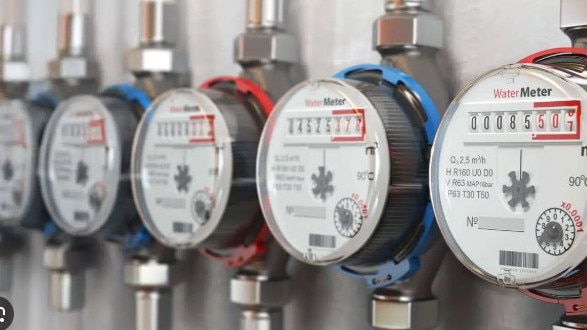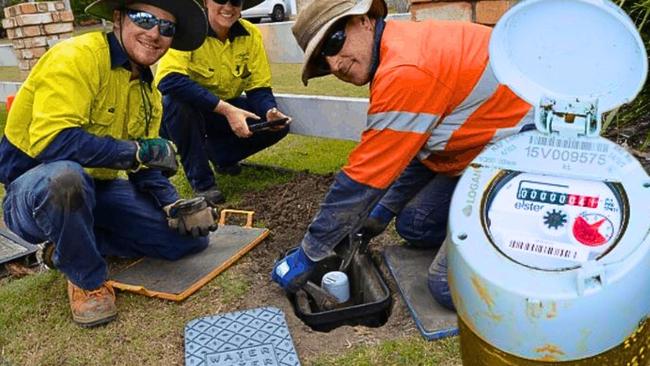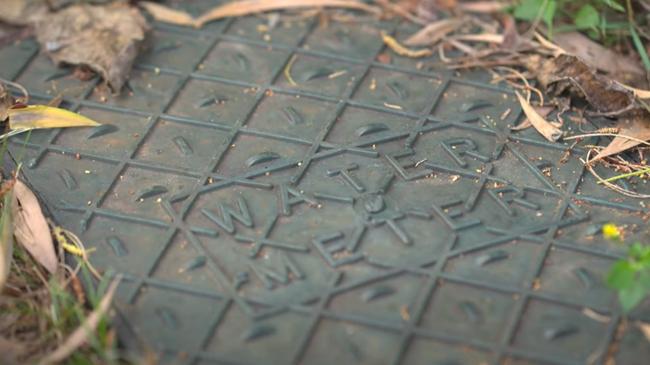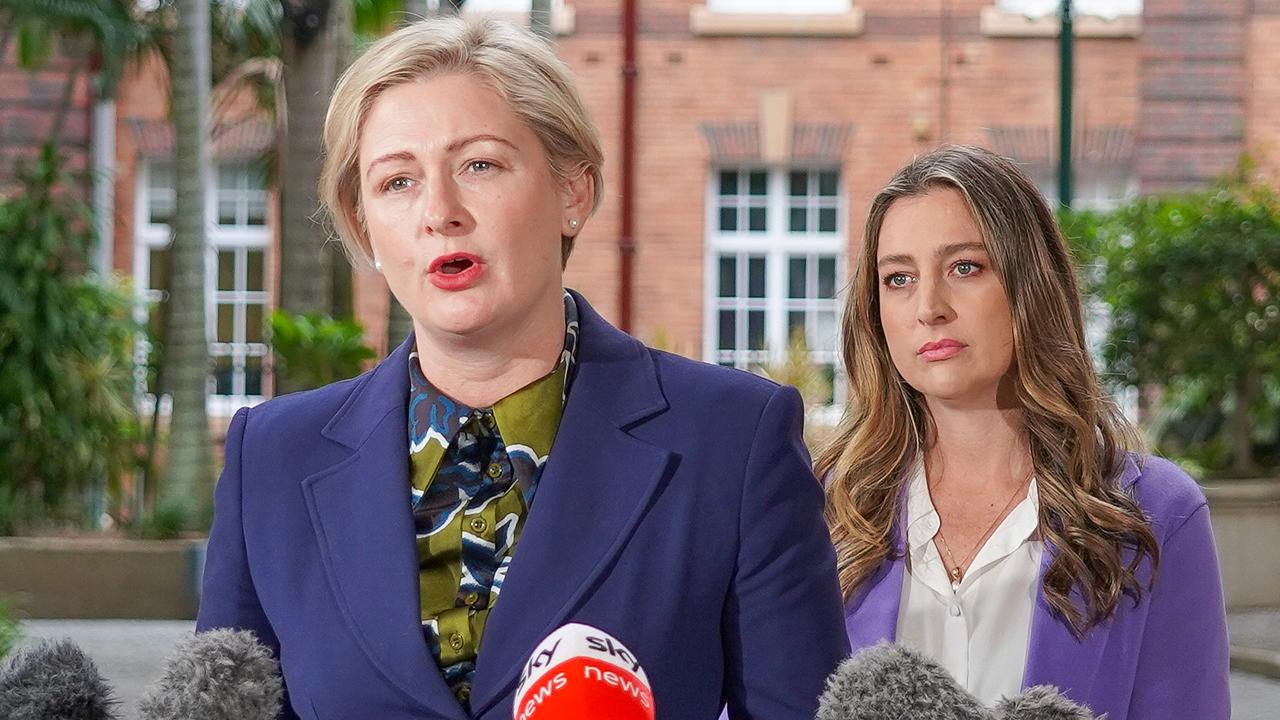Trial flop haunts council as smart meter verdict looms large
A southeast Queensland council will decide this week on whether to keep backing a region-wide review of smart water meters after a costly, low-uptake 2019 trial raised big doubts.

QLD News
Don't miss out on the headlines from QLD News. Followed categories will be added to My News.
Logan City councillors will vote this week on whether to stay committed to a southeast Queensland smartmeter review after a pilot showed the devices cost about nine times more than standard meters and drew limited public take-up.
A report tabled last week and to be noted at this week’s full council meeting, details the 2019 trial in which 886 digital meters were installed in local schools, homes and businesses.
Only 10.5 per cent of customers ever logged on to the online portal designed to show day-by-day consumption and leak alerts.
Council officers also complained of “faulty hardware, patchy network coverage, shorter-than-promised battery life and delayed data”, leading the former council to shelve further installations.
The cost gulf was stark with a council report revealing a mechanical meter averages $120 to buy and install and about $1 per manual read, while the trialled smart units cost $1046 each.
With 115,134 residential meters across Logan and 8000 swapped out annually as they reach the end of their 20-year life, Logan officers calculate a citywide upgrade would require well over $100 million in capital outlay.

Financial arguments are complicated by Logan Water’s leak-remission scheme, which refunds part of a customer’s bill when a concealed pipe break is proven.
So far this financial year, that program has cost ratepayers $67,845.
Digital meters could reduce that bill by spotting leaks sooner, but officers say the savings “are not prudent” compared with the purchase price.
Technical limitations also hampered an important water-loss exercise known as “district balancing”.
Because meter data could not be integrated with bulk-supply figures from Seqwater, Logan Water was unable to pinpoint main-line leaks and “non-revenue” water losses, one of the promised benefits of smart technology.
Despite the patchy results, the new report recommends council note the findings and continue working with the region-wide Water Service Providers Partnership as it commissions a fresh, Seqwater-funded study into digital metering across southeast Queensland.
Industry suppliers argue newer devices offer longer battery life, more robust communications and sharper analytics than the 2019 generation.
An upcoming regional review will examine the needs of households, councils, the state government and Seqwater, and could lead to a joint business case for a co-ordinated southeast rollout.

Logan’s participation means it could piggyback on bulk purchasing or shared data platforms if the technology matures and prices fall.
Officers said there were no new legal, human-rights or budget implications attached to Wednesday’s procedural decision because any future purchase would require a separate business case and vote.
Councillors will only be asked whether to stay engaged in the regional study with the long-term fate of smart meters to be settled through a separate, still-to-be-written business case.
It will not be to settle the long-term fate of smart meters as that decision will be made within a future, still-to-be-written business case.
With heavy rain and pipeline leaks costing councils millions each year, the smartmeter question is unlikely to go away.





